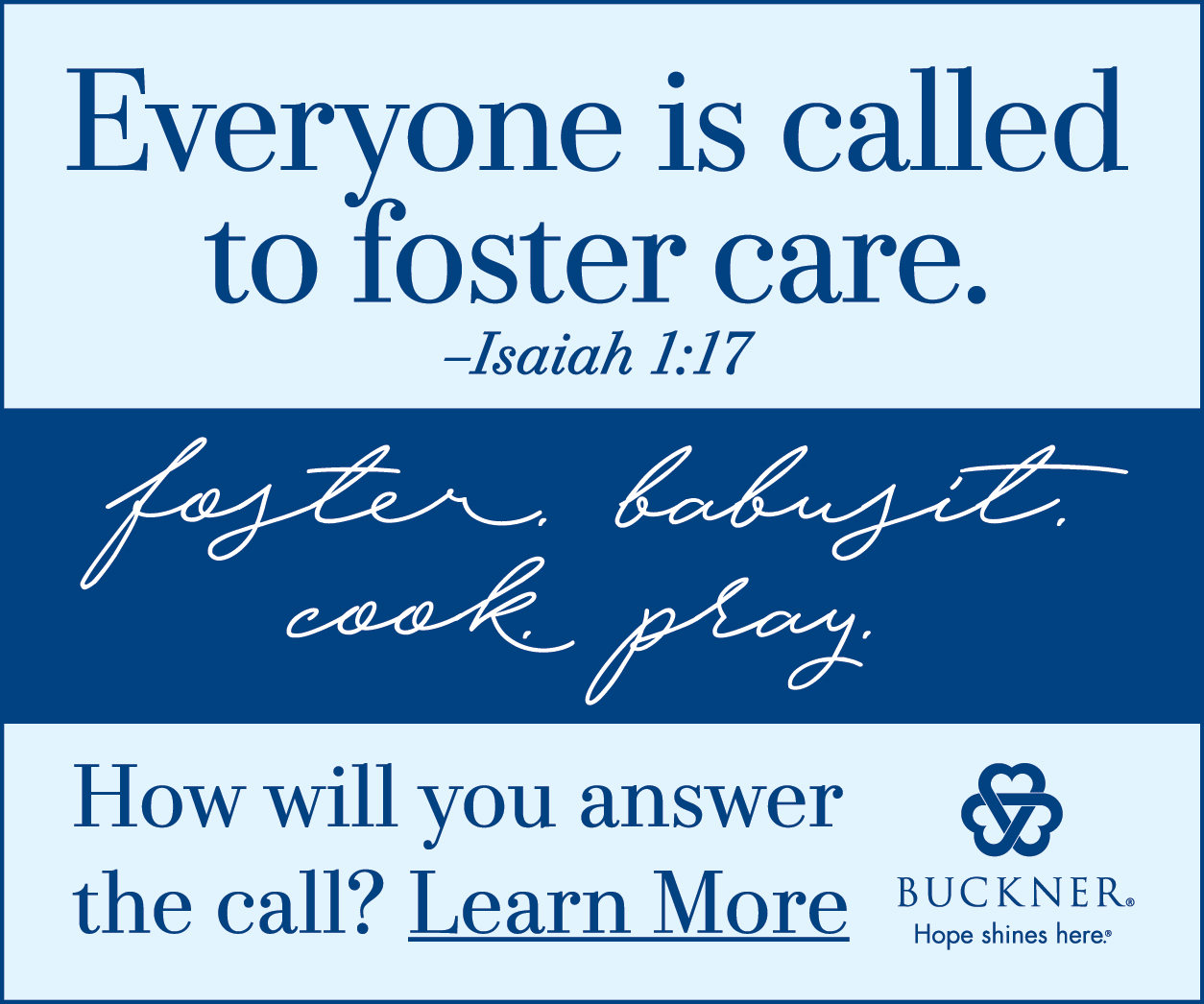WACO—In a polarized time when it requires little effort to tear a stranger apart on social media or lash out at a family member because of a difference of opinion, many find the gentle cadence of Fred Rogers singing a simple song about neighbors loving and helping each other as a welcome respite.
The much-anticipated movie, A Beautiful Day in the Neighborhood, starring Academy Award-winner Tom Hanks as Rogers—known to generations as the host of Mister Rogers’ Neighborhood—appears in theaters on Nov. 22. The official movie trailer posted on YouTube has drawn nearly 12 million views.
Civics education expert Brooke Blevins, associate professor of social studies education and chair of Baylor University’s department of curriculum and instruction, said the renewed focus on the beloved and soft-spoken TV personality might be coming at just the right time.
“When you watch Mr. Rogers, time slows down, and you are able to take a deep breath as complicated issues become more understandable and the beauty of relationships is reinforced,” Blevins said.
“Imagine if we all walked into the world with the belief that each person was inherently worthy. Imagine if our goal was to help each other recognize that we are worthy of being loved. Imagine if we sought to listen more than we spoke.
“I imagine if this was the case, that our conversation would change, our understanding of those around us would shift, and our national conversations would be more civil.”
Blevins offered six lessons to learn from Mr. Rogers about being better citizens.
-
Each person is worthy to be loved and heard.
“Like Mr. Rogers, we must recognize that each person we interact with is worthy to be loved and listened to. We must recognize that each person has unique experiences, fears, losses and triumphs that shape the way they understand what’s happening around them,” Blevins said.
“We need to do much more listening and far less talking. We should work together to tackle tough issues in reasoned and evidenced-based ways with civility and a genuine desire to understand those around us.”
Sign up for our weekly edition and get all our headlines in your inbox on Thursdays
-
Use your platform for good.
“Mr. Rogers was deeply committed to creating a better world. Mr. Rogers did not take his role on TV lightly. He saw it as an opportunity to help young people make sense of the world around them and to become more knowledgeable and engaged citizens,” Blevins noted.
“He saw television as an opportunity to create community and a shared sense of purpose. As he once noted: ‘The space between the television screen and whoever happens to be receiving it, I consider that holy ground. A lot happens there.’”
-
Lessons we often think are for children are for adults as well.
“Mr. Rogers was a teacher, a pastor and a friend. His lessons were drawn from the everyday experiences of children’s lives, from current political events to personal and emotional trials children experience,” Blevins observed.
“Not only were these lessons for children, but for their parents who were also watching. His lessons focused on cultivating civic discourse, reasoned judgment and evidence-based decision-making, but most importantly, his lessons cultivated understanding and empathy for one’s neighbor. In his conversations and examples, he drew on our shared humanity to help young people make sense of an ever-changing world.”
-
Slow down.
“In a time of fast-paced and often silly cartoons that were designed to move quickly from scene to scene, Mr. Rogers maintained a much slower and thoughtful pace—a pace that was compelling to both young and old alike,” Blevins noted.
“He explored issues slowly and with depth, without the silly antics that are so often used to keep children and adults’ attention. He used his time with viewers to develop a relationship that valued their experience and honored their emotional complexity. He sent the message that all people are inherently valuable and are capable of loving and being loved.”
-
It’s OK to discuss tough issues—even with children. But be civil and understanding when you do it.
“As an ordained minister and gifted musician, Mr. Rogers utilized his vocational skills to create a safe space in which difficult conversations could occur. He never shied away from the tough conversations. From issues such as divorce, death, assassination and even 9-11, Mr. Rogers’ helped young people navigate emotionally traumatic events with both knowledge and compassion,” Blevins said.
“Mr. Rogers knew that by talking about our fears, losses and misunderstandings, we could work together to build a better future. As he wrestled with these issues, he asked questions, he inquired, he listened, and he had children do the same. He had a deep-rooted commitment to helping children navigate their world.”
-
Be a good neighbor.
“Being a good neighbor is caring about those around you. It’s not just about tolerance, but truly seeking to understand those in your community,” Blevins concluded.
“Being a good neighbor means helping those around you recognize that they play an important part in making the world a better and more just place. It means working together to solve complex issues and cultivate a world in which all people can fulfill their true purpose.”















We seek to connect God’s story and God’s people around the world. To learn more about God’s story, click here.
Send comments and feedback to Eric Black, our editor. For comments to be published, please specify “letter to the editor.” Maximum length for publication is 300 words.